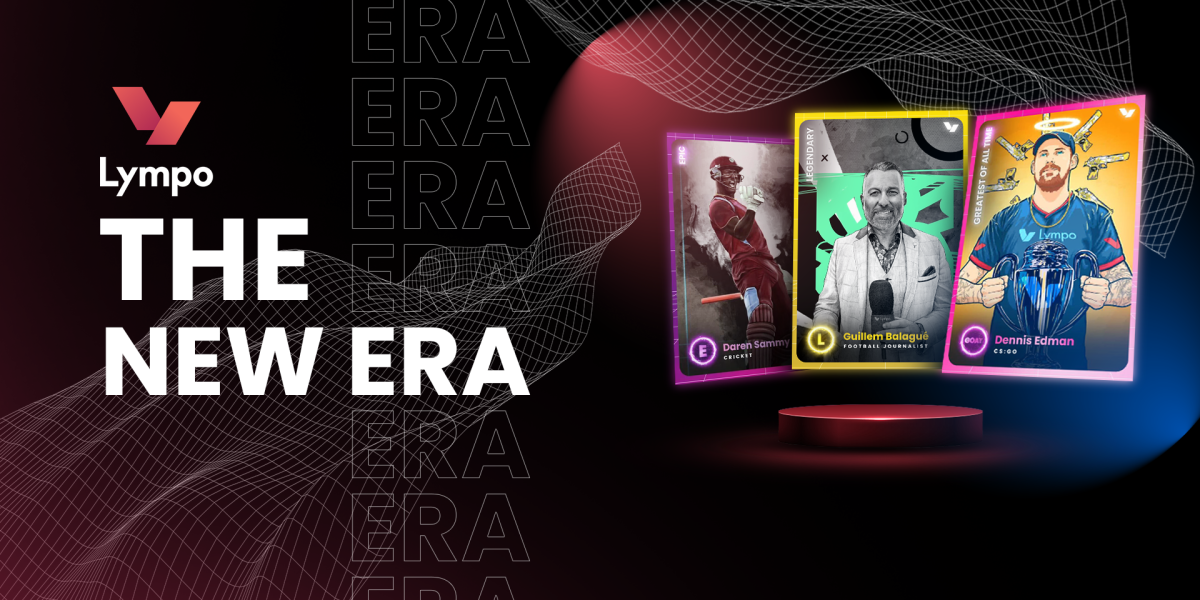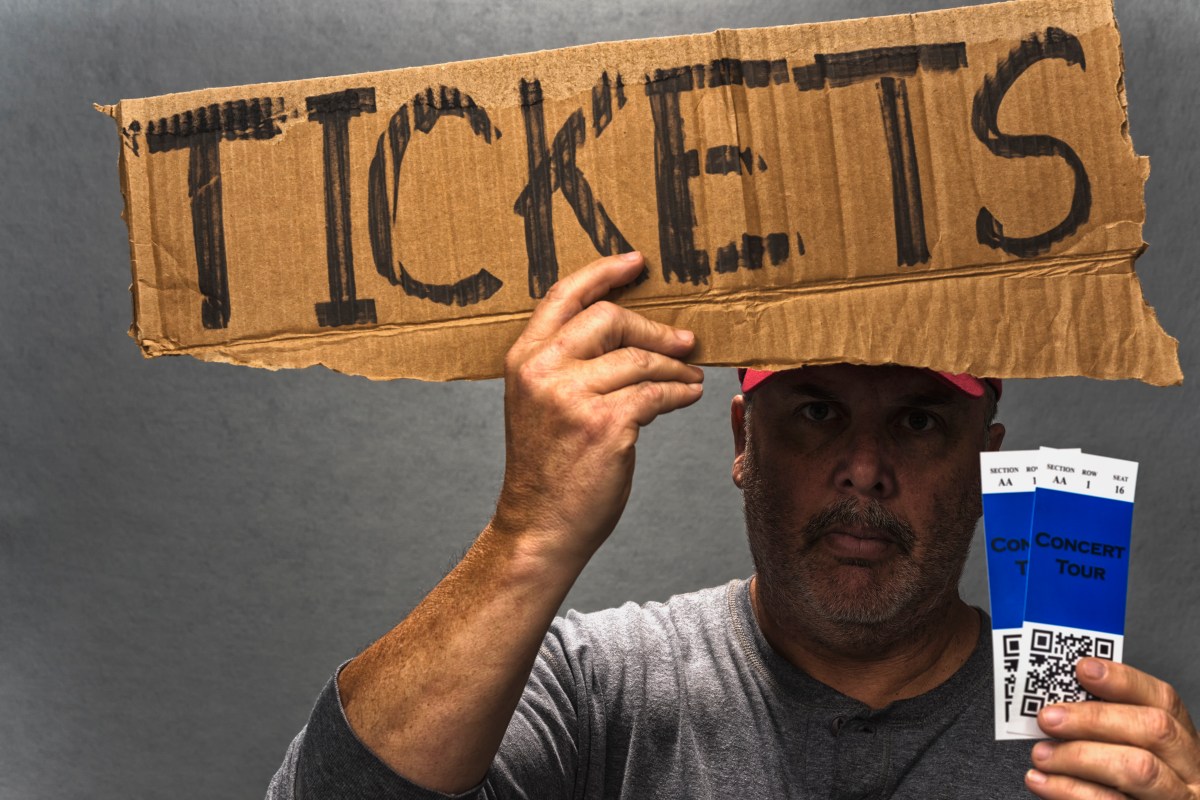We3 sports are here. It may still be early days for Web3, but we’re witnessing a natural evolution and adoption in gaming as it becomes more warmly embraced by sports and sports fans around the world. As exploration of the metaverse expands, so too does the potential for the amplification of both the sporting and the spectating experience beyond what’s currently available.
Like sport, Web3 is about community — and we know sports fans love their teams. They love their leagues. They love sport. So when we talk about ‘fan-first’ experience, we need to ask: what helps fuel their passion? What do they want? How will it be received? Is what’s being offered inclusive and diverse in terms of content and price point?
Web3: The state of play today
There’s a lot happening. In 2020, blockchain technology venture Dapper Labs launched a basketball-themed NFT platform, NBA Top Shot, in partnership with the NBA, allowing fans to collect and trade their favourite moments. The NFL’s doing it, too. So is the UFC. In October last year, McLaren Racing (former home to local fan favourite Daniel Ricardo) dropped its first range of NFTs, enabling racing fans to collect all 22 digital components of the MCL35M. In January this year, the Australian Open partnered with Decentraland to become the first grand slam tennis tournament to take place in the metaverse. Even rugby fans can look forward to an immersive World Rugby 7’s experience in the Sandbox.
So while some sports, like the NBL, have been noticeably slow out of the starting blocks, there’s already many really exciting fan and community experiences taking place worldwide. Web3 is revolutionising sportmania, and so far, it’s been all about the fans.

No going back to square one
The expression ‘Back to square one’ dates back to the 1930s, when fans could lift out a football pitch divided into squares from their newspaper, with ‘Square 1’ being the square in front of the home team’s goal. You’d listen to the faraway game on the radio and follow the commentary with your fingers.
Fast forward and there’s no denying Web2 and social media have had a massive impact on the fan experience, creating a two-way conversation that didn’t exist prior to that. At the end of the day, though, marketing via Web2, which relies on two dimensional social media and mobile, won’t ever evolve beyond product-centric, campaign-centric marketing.
The way we approach Web3 is to take the great elements of Web2, such as existing user patterns, user experience design systems, and user-centric thinking, to bring that to Web3. And pivotal to the mass onboarding of users is to make it simpler, faster, and easier and more intuitive to use.
Web3 sports: Doing it for the fans
Web3 has enabled sports to ‘give back’ to fans, both digitally and IRL. It allows for fans — and importantly, brands — to build grassroots communities around like-minded people. Fans can interact in new ways and share more intimate personal and consumer experiences than ever before.
Digital benefits of initiatives like the AFL Mint will include things such as exclusive or gated content, and digital subscriptions. In the real world, AFL Mint fans will be granted special discounts at actual games, exclusive activation events, merchandise discounts, and special runs on merchandise items.
Sports leagues have historically been quite extractive in nature due to the complexities of ownership, legalities, and how to actually structure shared ownership. Blockchain as an infrastructure is finally allowing this.
WAGMI United, for example, is the world’s first Web3-first team. In April 2022, WAGMI United purchased Crawley Town Football Club in League Two of the English Football League. WAGMI (We’re All Gonna Make It) wants to rebrand how sports teams are owned and operated. Their goals is to create an online community of fans and empower them to create their team’s future. WAGMI United once stood at what seemed an impossible crossroads of sports and crypto, and has now successfully unified the two with a bright and optimistic future.

NFTs’ real value: utility NFTs
While the value of NFTs spikes and dips as Web3 evolves, this isn’t necessarily a bad thing; once the initial frenzy dies down, the real value of NFTs will come to the fore.
Broadly speaking, utility is about extending the value of an NFT or digital asset beyond the asset itself. In the sporting arena, fans will be able to collect and make use of utility NFTs at two different levels; at the genesis level via a special membership which gives token holders access to certain perks, special offers, or discounts, then also at the NFT level, where utility would be provided by either having one NFT or a set of NFTs that forms a challenge.
Challenges encourage fans to collect multiple NFTs to form a series. They can do this by buying more packs or trading with other users, similar to what we all did in the school yard as kids with trading cards! NBA Top Shots has seen strong adoption of their challenges as they reward users for completing their collections.
NFT utility will include items such as special ‘badge of honour’ NFTs or exclusive NFTs that are not able to be purchased. Badges are earned for completing certain tasks, or attending an event. AFL Mint Members received a digital replica of the 2022 AFL Premiership Cup, for example.

How will NFTs revolutionise sport?
At a league level, NFTs will revolutionise the consumer experience. At a ticketing level alone, they could spell the death of the scalping industry, and secure and legitimise trading markets.
Fans will be able to rent or lend out season passes to verified people without fear of not getting them back. Historically, ticket holders had to know (and trust!) the person sufficiently to lend and ensure the safe return of their physical pass. Now, there’s potential for ongoing revenue rights for leagues, which will be able to clip the value of each ‘rent’ or ‘sell’, and season ticket holders who can’t attend a game are able to generate a return on idle tickets.
As a digital version of old-fashioned ticket stub (the ripped part of your physical ticket you needed to keep hold of once you’d gained entry to an event), NFTs can now provide a verified digital record and proof of attendance. Plus ticket holders will be able to be rewarded with discounts and special offers.

More to love
Without geographical borders to limit us, NFT moments promise to engage fans and collectors worldwide. Gaming will be transformed, both within console games themselves and in the evolution of global fantasy leagues.
Look forward to Play2Earn, where you will earn rewards for achieving levels or outcomes, and game day scavenger hunts like PokemonGo. Fantasy league fans will be able to interact ‘live’ during game play, trading and renting players out and more. Fans will purchase and trade their favourite moments from games, as seen already in the NBA’s $1 billion Top Shots marketplace.
Web3 is here to fan the flames of sporting passion. And right now, the sky’s the limit.



